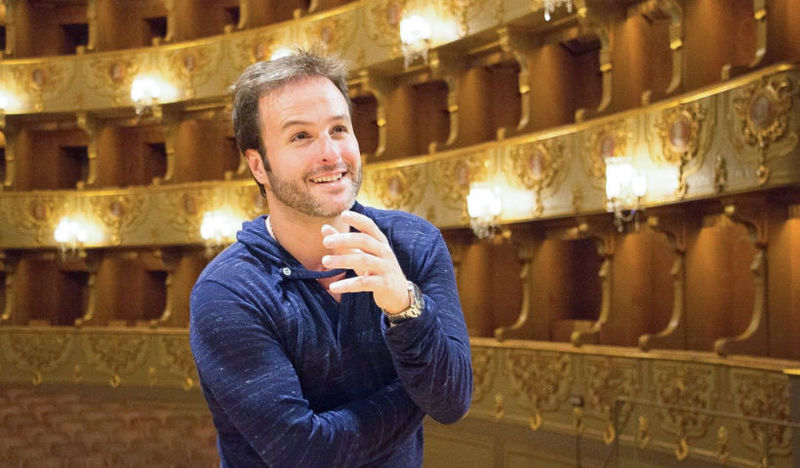BRICS Civil Forum 2020. Prof André Heller-Lopes: «The BRICS cultural ties have proved their effectiveness»

The panel session “People-to-People Exchanges to Strengthen the Unity of BRICS” of the BRICS Civil Forum 2020 drew the attention of many experts.
Following the event, we have interviewed Prof André Heller-Lopes, Stage Director for Opera; Professor, Music School at the Federal University of Rio de Janeiro; Member of the Board of Directors of the Brazilian Forum for Opera Dance and Concert, Brazil.
- Prof André Heller-Lopes, economic issues came to the fore due to the pandemic, leaving everything else in the background. Do you think that the BRICS humanitarian ties have passed this test?
This is a difficult question to answer for we are still passing the test. Aren’t we? We must take a deep breath and be calm: The test is not over — neither is the pandemics. I am optimistic about the vaccines and there are things to look up. However, more severe economic issues are probably still going to present themselves. If our humanitarian ties have showed positive sides it must be seen as the tip of the iceberg; the first challenges that we managed to overcome. There is a lot of work to be done.
- What issues were the most important and fundamental for discussion at today’s event?
Perhaps the most important issue was the realization that we all understood culture pretty much in the same way. Also, how we seem to value the differences we have and how those are part of building cooperations.
- The world is entering a new post-pandemic era. Many people say that it is the cultural ties between States that are now coming to the fore. Do you agree with this statement?
Culture is what can save us in the new normal. Because culture and art is a constant reminder of the human in us. Those cultural ties between the BRICS states must be further developed because we will need partners, we will need to cooperate.
- Everyone notes that today new remote means of communication are coming to the fore in the new era. How can this affect, or has it already affected, humanitarian projects?
I always stress out how the new remote means (like them or not) have been essential to help us pull through this crazy times. Most of us are (or feel) trapped in our homes or fears, those little “squares screens” that we are using to communicate via zoom google meet or any other platform have taught us a lot, have us made cherish communication and the power that simple technologies have to help us be in touch with each other. However, it is important never to forget that it is the imagination, the expression of the human mind that has enabled us to escape out of those little screens and allowed our souls to fly freely. Hopefully it will be the ‘human’ that will affect the technology not the other way around!
- Your vision for the development of humanitarian ties between the BRICS countries in the near future. What else can be done to strengthen and develop these ties?
This is the most important next step! We must try to get together and study what (new) legislations need to be in place (or reinforced) to facilitate cultural exchanges. For example, in my field (opera and performing arts in general) how can productions circulate more easily among the BRICS States? Can some kind of tax exemption be studied so that the costs of co-producing and travelling be lower? Can we for example devise a production using a Russian orchestra, an Indian Designer, a Chinese choreographer, South African singer and a Brazilian director? Is there a way that we can facilitate our artists to come and visit the countries, and promote cultural exchanges? I do believe so. We need to build BRICS of culture, like bridges, and the sooner the better.


